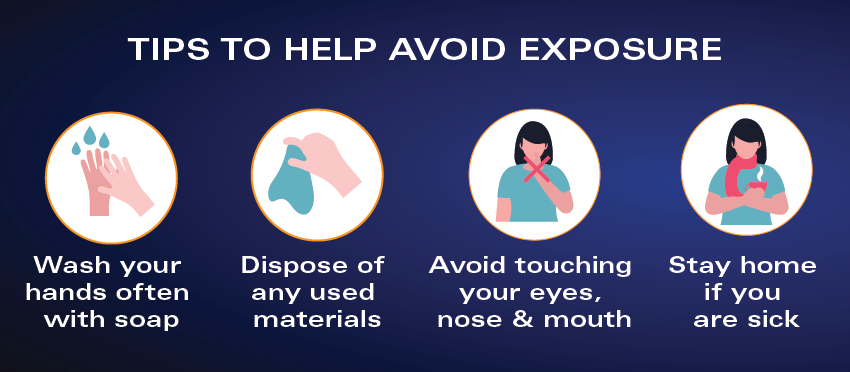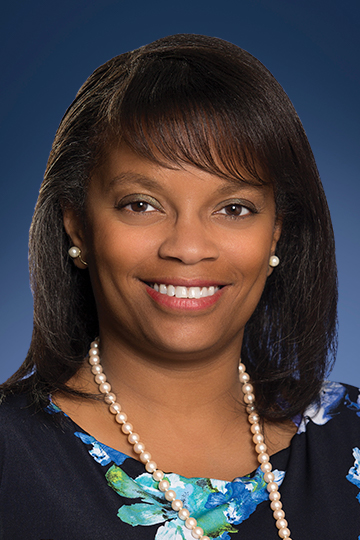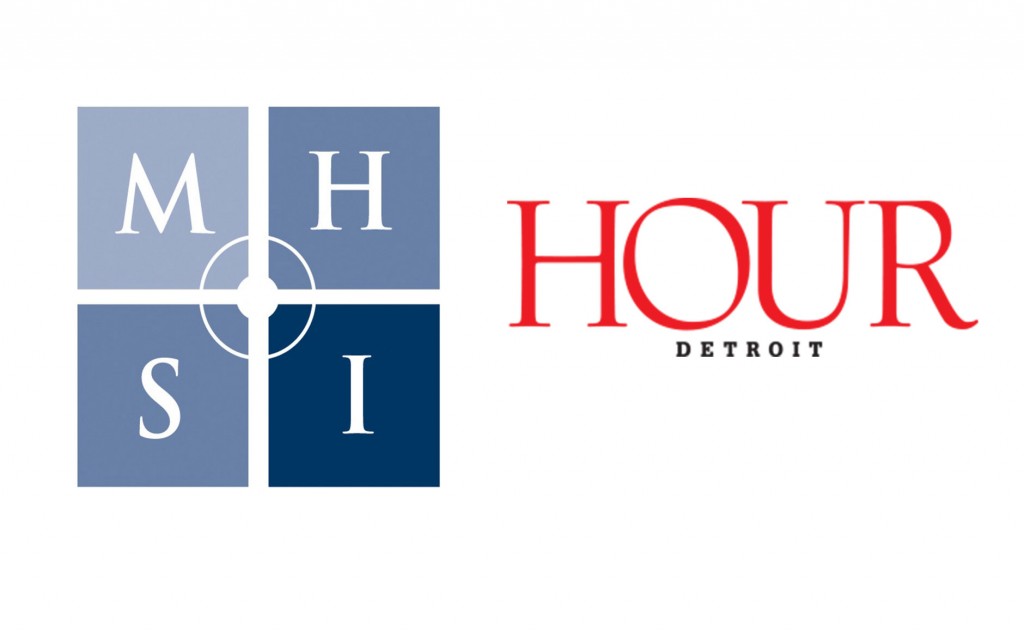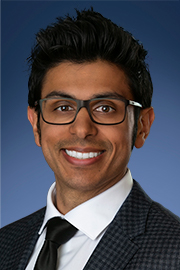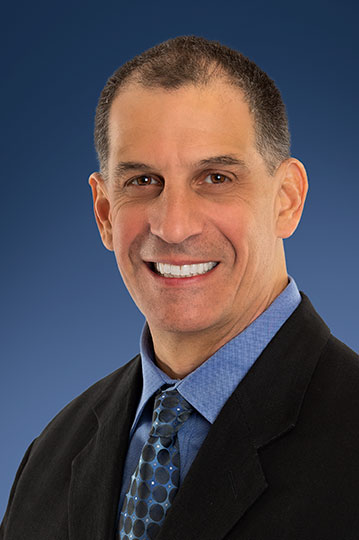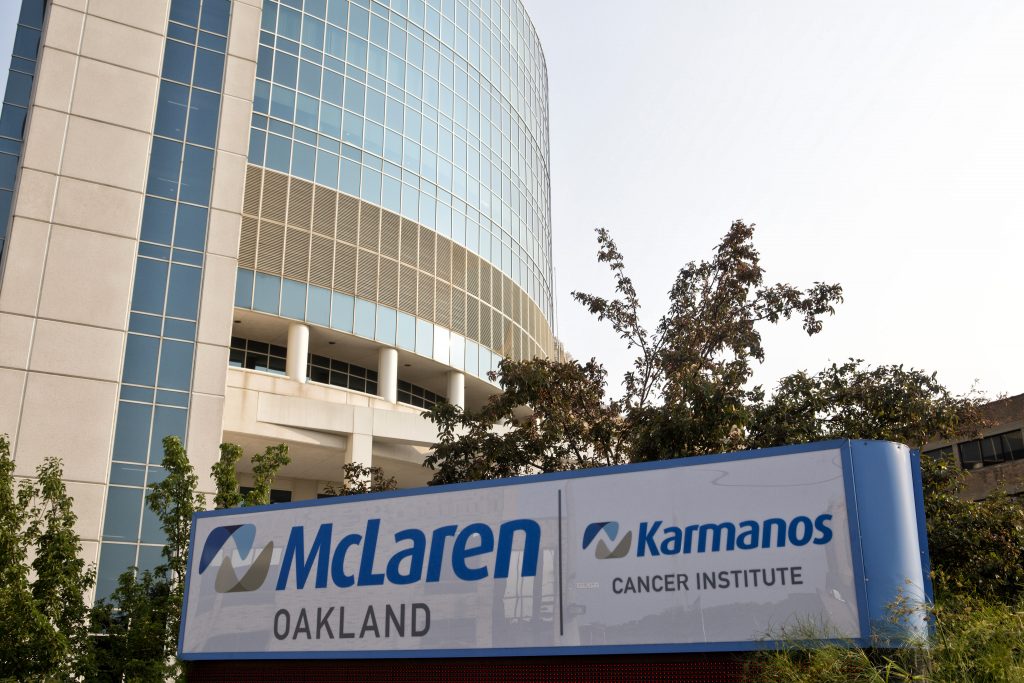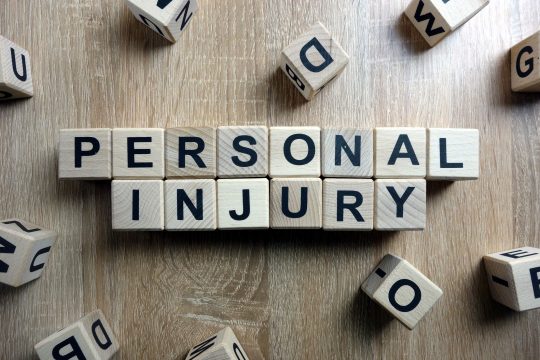 For most, the idea of paying less for auto insurance is a very appealing notion. But is it still appealing if you are involved in an auto accident and are unable to receive medical treatment and rehabilitation to restore your quality of life or be personally financially responsible for your medical care?
For most, the idea of paying less for auto insurance is a very appealing notion. But is it still appealing if you are involved in an auto accident and are unable to receive medical treatment and rehabilitation to restore your quality of life or be personally financially responsible for your medical care?
On May 25, 2019, the Michigan Legislature passed sweeping changes to the Michigan No-Fault Insurance Law and the Michigan Insurance Code – known as the SB1. On June 4, 2019, the Michigan House and Senate passed the “trailer bill,” HB 4397 which made revisions and clarifications to SB1. The bills were signed into law on June 11, 2019, effective immediately.
Personal Injury Protection (PIP) was required coverage of the previous No Fault Insurance Law, regardless who was at fault. PIP offered potentially unlimited lifetime medical benefits. The new law gives those covered by auto insurance the option to choose the level of PIP coverage, or none at all, as a way to reduce costs by 10-45 %. It also removes non-driving factors such as gender, marital status, home ownership, education, occupation, zip codes and credit score into the rate calculations.
What This Means For You & Your Family…
- For the patients who are seriously injured in an auto accident, if they have not chosen additional PIP coverage, there will be caps on the amount of money that will be paid for their medical care under PIP. The new law eliminates life-time medical care, unless you chose to pay for that coverage under PIP.
- Without selection of additional PIP coverage, the consumer can be sued and is financially at risk to pay for medical bills when an auto accident occurs, regardless of who was at fault for the accident. PIP covers medical care, rehabilitation, home care and attendants with catastrophic claims being paid by the Michigan Catastrophic Claim Association (MCCA).
- If a person/child lives in a home where no one has auto no-fault auto insurance, that person/child — if injured by a car — no longer gets lifetime medical benefits. Instead, the benefits are capped at $250,000 in something called the Assigned Claims Plan. One of these changes, as reported in the Detroit Free Press, has already created a medical financial crisis for one family.
MCCA would continue to be liable for catastrophic injury benefits payable under policies issued or renewed before July 2, 2020 and for policies after July 1, 2020 where drivers have opted to maintain unlimited No-Fault PIP medical benefits. Since the new law gives drivers the option of how much PIP coverage to carry, it’s possible regardless of who caused the accident you could be sued by the other party and become financially responsible for their expenses.
Effective July 1, 2020, the No-Fault law gives insurers the authorization to sell various types of no-fault PIP choice policies and opt-outs from PIP coverage that apply to allowable expense benefits. Drivers now will have the choice to select and pay for one of five No-Fault PIP medical benefit coverage levels:
- $0 personal injury protection (a 100% savings on the PIP coverage but risks having no medical care as a result of an auto accident).
- $50,000 of personal injury protection, plus $200,000 for immediate trauma care (a 45% savings for those who opt out of PIP).
- $250,000 of personal injury protection (a 20% savings for those who opt out of PIP).
- $500,000 of personal injury protection (a 10% savings for those who opt out of PIP).
- Unlimited personal injury protection. (Insurers would be mandated to offer it.)
We are sharing this information with our patients for four reasons:
- There is still time to contact your elected officials to voice your educated opinion, concerns or suggestions. Click for a list of State Senators and State Representatives along with their contact information.
- To inform you that the way these bills are written, buying additional health care coverage to offset what was removed from the no-fault coverage is necessary to protect your medical care and financial assets should you or a child be in an auto accident, regardless of who is at fault.
- Under this new legislation, you may be sued and held financially liable for medical expenses, if you are held responsible for the accident and the person (s) involved in the accident should they reach the cap of their medical coverage.
- To make you aware it is a mistake to assume that your medical insurance will cover injuries from an auto accident. Be sure to talk with your health insurance company or employer representative about how to coordinate medical benefits with your auto insurance PIP coverage.
The changes to the Michigan No-Fault law are many, very complex to describe in this article and are not clearly understood by legislators or insurance companies. Yet, we believe these changes may severely impact our patients and their families who may be involved in an auto accident.
We are not lawyers and recognize the information presented in this article is subject to change. So, we’ve provided links to those who do practice auto law. Their legal insights may further address questions or guide you into selecting the proper PIP coverage for you and your family. Your insurance agent is able to provide you with costs for the level of coverage you choose, but you must decide the level of risk you can tolerate.
Other sources:
Michigan Auto Law
Sinas Dramis Law Firm
 Postponing non-emergent surgeries due to the COVID-19 Pandemic reduced Michigan Head & Spine Institute (MHSI) neurosurgery procedures by 95%. The impact on patients, employees and the neurosurgeons were many, and meeting the challenge to continue to treat patients was achieved with these swift actions:
Postponing non-emergent surgeries due to the COVID-19 Pandemic reduced Michigan Head & Spine Institute (MHSI) neurosurgery procedures by 95%. The impact on patients, employees and the neurosurgeons were many, and meeting the challenge to continue to treat patients was achieved with these swift actions:

